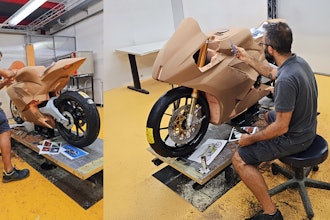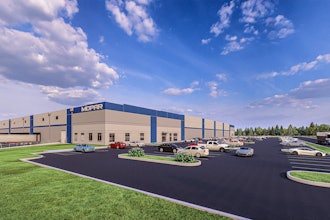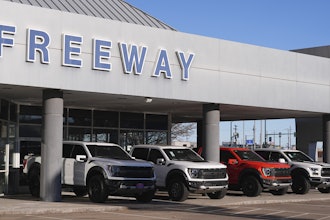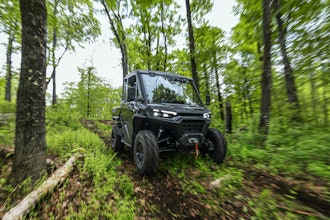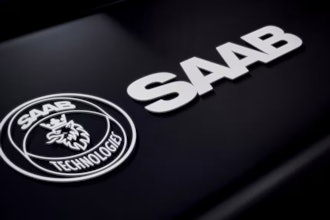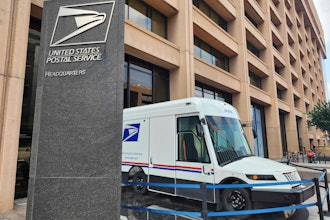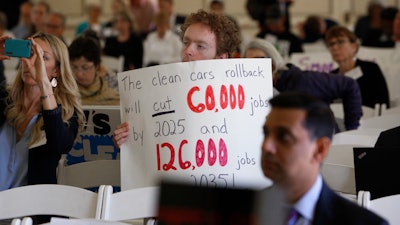
The Trump administration's proposal to roll back national fuel economy standards was headed for its second public hearing a day after California officials and scores of speakers blasted it as a danger to the environment and public health.
The second hearing was scheduled for Tuesday in Dearborn, Michigan — a city in a region dominated by the auto industry where it could get a better reception. A major auto industry trade group says it supports annual increases in fuel efficiency, but it also says customers aren't buying more efficient cars.
"No one wins if our customers are not buying the new highly efficient products offered in our showrooms," Steve Douglas, senior director of energy and environment for the Alliance of Automobile Manufacturers, said in written testimony for the hearing in Fresno. "The standards must account for consumer willingness and ability to pay for newer technologies in order for all the benefits of new vehicles to be realized."
The group represents General Motors, Ford, Fiat Chrysler, Volkswagen, BMW and other automakers.
But Ford CEO Jim Hackett said in a speech last week that his company is against any freeze of the standards and favors "keeping the standard, not a rollback."
"We have plans to meet it," he said.
The proposal announced in August by President Donald Trump's administration would freeze U.S. mileage standards at levels mandated by former President Barack Obama for 2020. The standards regulate how far vehicles must travel on a gallon of fuel.
Under the deal finalized under Obama, the standard would rise to 36 miles per gallon (15 kilometers per liter) by 2025, 10 miles per gallon (4 kilometers per liter) higher than the current requirement. The goal was to reduce car emissions and save people money at the pump.
Trump administration officials say waiving the tougher fuel efficiency requirements would make vehicles more affordable, which would get safer cars into consumers' hands more quickly.
At Monday's hearing, California officials said the proposed rollback would damage people's health and exacerbate climate change, and they demanded the Trump administration back off.
Looming over the administration's proposal is the possibility that California, which has become a key leader on climate change as Trump has moved to dismantle Obama-era environmental rules, could set its own separate fuel standard that could roil the auto industry. That's a change the federal government is trying to block.
"California will take whatever actions are needed to protect our people and follow the law," Mary Nichols, chairwoman of the California Air Resources Board, testified at the hearing with federal officials in a region of central California that has some of the nation's worst air pollution.
State Attorney General Xavier Becerra said California could not afford to retreat in the fight against climate change, citing wildfires and high asthma rates among children in the state's San Joaquin Valley, where residents, environmentalists and state officials testified at the first of three nationwide hearings on the mileage plan.
"Stopping us from protecting our people, our jobs and economy or our planet is like trying to stop a mother from protecting her child," he said.
Automakers are unanimous in favoring one standard for the whole country so they don't have to design two vehicles, one for California and the states that follow its requirements and another for the rest of the nation.
Scores of people opposed to the Trump plan testified before representatives from the U.S. Environmental Protection Agency and National Highway Traffic Safety Administration, including local residents who said it would worsen their asthma.
The hearing was held in California's San Joaquin Valley, the country's most productive agricultural region but an area plagued by sooty air in part because of its bowl-shaped geography. The Sierra Nevada and two other mountain ranges wall in the 250-mile (400-kilometer) valley. Air pollution there is blamed for hundreds of deaths each year.
"We are asking the EPA to represent those of us who have asthma and respiratory disease," said Janet DietzKamei, 73, a member of the Central Valley Clean Air Coalition.
DietzKamei said she is unable to leave her Fresno home on some days because the air is so polluted.
Environmentalists protested outside, hoisting signs reading, "Clean cars = Clean air" and chanting, "Clean cars now."
California and other states have sued to block any changes to Trump's proposal. The administration also wants to revoke California's authority to set its own mileage standards.
Another hearing is planned on Wednesday in Pittsburgh.












